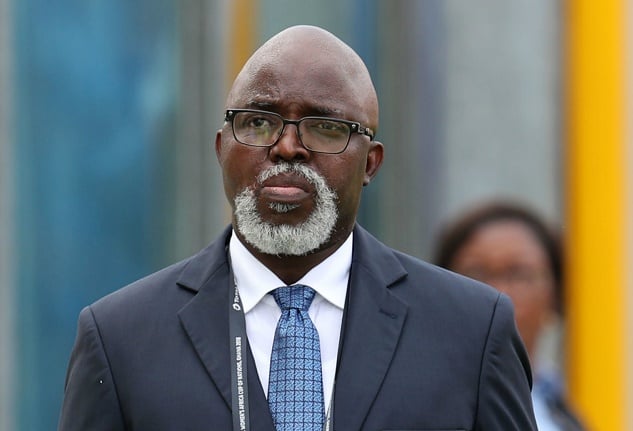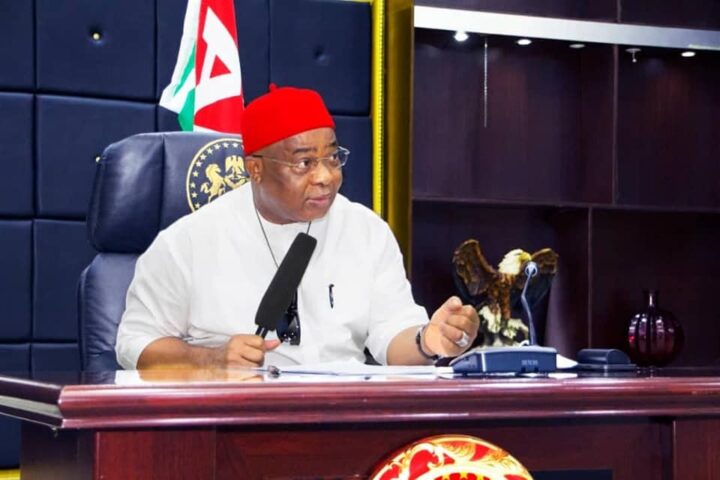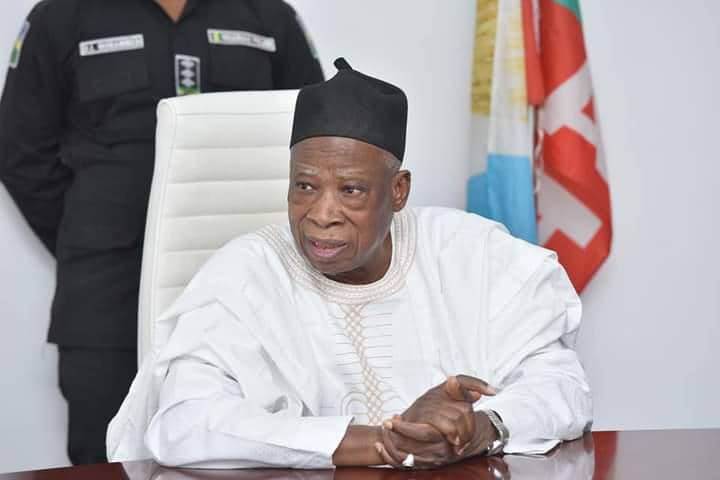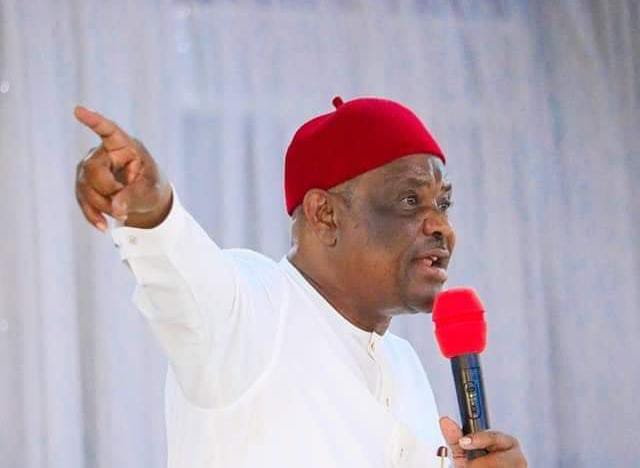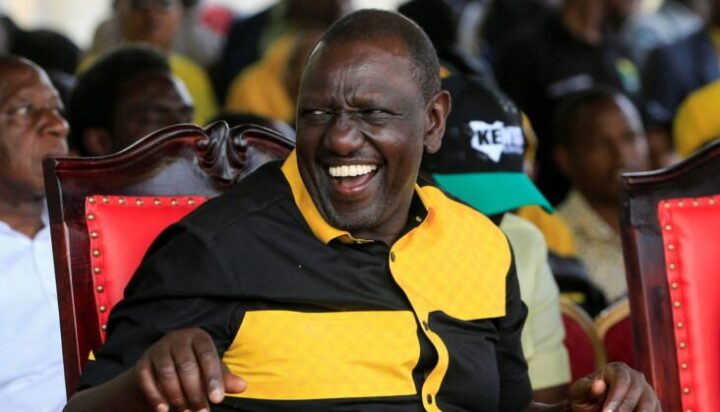There was a rash of contradictory responses last week, when the broadcast regulator, the National Broadcasting Commission (NBC), in a moment of regulatory frenzy, directed 52 broadcast operators to shut down operations and return their licenses within 24 hours if they couldn’t settle their debt of N2.6bn collectively owed the Commission as license fees.
Prominent on the list are Daar Communications Plc, broadcasters of African Independent Television and Raypower FM, and Silverbird Communications Limited, broadcasters of Silverbird Television and Rhythm FM.
This nation is so traumatised at the moment that nothing is nigh impossible or beyond belief. Nearly every day opens with some incredible happenings which unfortunately become banal in our surreal world. In one weekend, all of 52 stations were to shut down because of debts which they couldn’t obviously settle on a Saturday because banks don’t work on weekends.
Director General of the Commission, Mallam Balarabe Shehu Ilelah, at a media briefing said the regulator is drawing its power from Section 10a of the National Broadcasting Commission Act CAP N11, which says that “A licence may be revoked by the Commission in the following cases, that is (10a) where the prescribed fee has not been paid on the due date.”
Advertisement
On account of the foregoing, the Commission acted within its powers in order to recover its money. I have followed the conversation trail. Quite a number of people are in support of the NBC, saying the regulator was right to take a decision that could help its case positively. Broadcast operators must pay their license fees, they say. But there are others who are saying the decision is ill-timed and inconsiderate.
While expressing its worries, the Nigerian Guild of Editors (NGE), observed that the media houses have continued to play pivotal roles in the development and sustenance of democracy and “can’t just be taken off air no matter the reason.”
“While the Guild is not against broadcast stations fulfilling their financial obligations to the NBC, we note that the current harsh operating environment that has crippled every sector in our nation was not taken into account by the NBC before its action.” The statement was signed by Messrs Mustapha Isah(President) and Iyobosa Uwugiaren (General Secretary).
Advertisement
The Nigerian Union of Journalists (NUJ), through its national chairman, Mr Chris Isiguzo, described the action as ill-advised, ill-timed and reckless.
“While we regret the inability of these broadcast stations to fulfill their obligations to NBC, in-view of dwindling resources, we caution against such large-scale clampdown of broadcast stations in disregard to security issues and the attendant consequences.
“We cannot afford the unpleasant outcome of such a media blackout at this time. We call on NBC to exercise more restraint on this issue in consideration of national security and allow for more dialogue and consultation to find a better way of dealing with the situation,” Isiguzo said.
The Broadcasting Organisation of Nigeria (BON) seeks more understanding with the affected stations arguing that while many businesses are shutting down as “a result of the current economic situation, Radio and Television stations remained on air at a loss, recognising the essence of prompt information in a precarious situation like ours.”
Advertisement
The Radio, Television, Theatre and Arts Workers Union of Nigeria (RATTAWU), has condemned the NBC action, describing it as untimely and with grave consequences.
Some other non-governmental bodies have also added their voices in such condemnation.
So, one fateful weekend, NBC took a legitimate decision that has earned it more condemnation than commendation. If it is to name and shame, which seems to be the intention by the very fact that such huge decision was activated on a Friday, the Commission probably achieved very little, as it has attracted more opprobrium to the industry as a sector spinning out of control, where every decision is ascribed more to a sinister, hidden hand than the regulator itself.
Perhaps putting the swirl of reactions in more contemplative considerations, the Commission acted quickly to extend the grace period to Wednesday, the following week, which is today. It is expected that both industry and regulator would be able to look each other in the eye and come to acceptable decisions to all stakeholders.
Advertisement
I feel sorry for the regulator because it is cumbered for cash, just like every other organisation or even individuals who are being blighted by a badly mismanaged economy. But so are the broadcast operators whose businesses encounter new challenges daily – no dollars for hardware, prices of diesel for generators have gone through the roof, economy so whittled that commercials come in trifles. What a world!
But this is when regulation is important. The regulator is the bridge between so many stakeholders – industry, government and the market – viewers or audience or customers or subscribers as the case may be. The idea of regulation is to create a level playing field commodious for all interested parties to ply their trade without the usual government encumbrances. The regulator keeps secrets, lots of secrets to protect itself and other stakeholders. For this reason, the regulator is restrained in action, usually not in fits to swing the big hammer because the law empowers it to do so.
Advertisement
Proponents of deregulation have been expanding its borders to accommodate evolving developments. Instead of the regulation that creates a level playing field, there are new words like agile or lithe regulation which appropriate unfolding industry, economic, government and other technology developments in taking decisions at the speed of light, but decisions so well considered that they bring peace to everybody involved.
For instance instead of the usual revenue drive for which regulators are reputed, it is possible for the regulator to conduct a stress test for the industry to ascertain the health of the industry and how well it provides for the stakeholders. Remediation actions may then be taken to ameliorate risks and headaches in order to create a better industry. The truth is that the regulator can only enjoy some level of peace and comfort when the operators are doing well.
Advertisement
In all this, the independence of the regulator is very important in order to insulate it from regulatory capture. It is only a truly independent regulator that can take actions without any pigmentation of bias. In the present tech ecosystem – broadcasting and telecommunications – in Nigeria, regulatory capture is more generous in painting an appropriate picture.
I have looked at the list of 52 operators and have also discussed it with some industry operators and former regulators. They are surprised to see some names on the list of defaulters while also pointing at some others that should have been there but are not. What happened, they asked. I did not have the answer. Surprisingly, there are some state stations. Some industry sources are not comfortable with the fact that the regulator could not have effective discussions with the state governments and encourage them to pay up. That for them should have been a more preferred and respectable option. They suggested that the regulator would need to engage more with the industry in order to earn their trust.
Advertisement
But here is my final take. The NBC is the only regulator of the broadcast industry and should take absolute control of regulatory activities. Such control includes a flexible understanding of developments in the broadcast ecosystem and the vicissitudes of the nation’s economy, in order to make decisions reflective of some level of humaneness and considerable circumspection.
Views expressed by contributors are strictly personal and not of TheCable.
Add a comment


